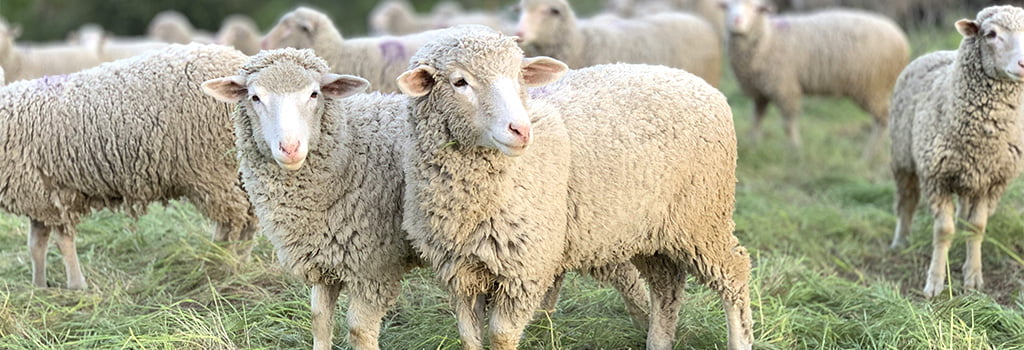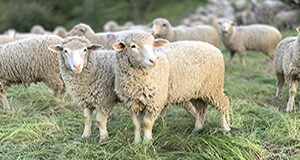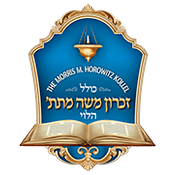Parshas Ki Seitzei 1


׳׳לא תראה את שור אחיך או את שיו נדחים… השב תשיבם לאחיך׳׳ דברים כב:א
“Do not see the ox of your fellow or his sheep wandering… you shall surely return it to your fellow” Devarim 22:1
The Gemara in Bava Metzia states ׳׳שה דאבידה לדברי הכל קשיא׳׳ . The word שה – sheep, in this pasuk, mentioned with regard to the mitzvah of returning lost objects, is unanimously superfluous. The Maharsha at the end of Makkos explains that the pasuk is alluding to עם ישראל , the שה פזורה who is lost in exile. We are the proverbial שה דאבידה . Everyone agrees that this is a question. Why is our exile stretching on for such a long time? Fear not, for at the end of days Hashem will fulfill the conclusion of the pasuk – ׳׳השב תשיבם׳׳ , and return us to our land. The Maharsha continues to venture that this may be the explanation of the pasuk in Tehillim, ׳׳תעיתי כשה אובד בקש עבדך כי מצוותיך לא שכחתי׳׳ – “I have strayed like a lost sheep, seek out your servant, for I have not forgotten Your commandments”. We are currently lost in exile. We are pleading with Hashem, בקש עבדך , please Hashem, inquire about Your lost object, כי מצוותיך לא שכחתי , we have not forgotten about Your mitzvos, please repay us by returning us to our land.
We are by now already knee-deep in Chodesh Elul. תעיתי כשה אובד may also be taken literally as referring to our sins of the previous year, and the way to entreat Hashem to bring us back and sign us up for another healthy and prosperous year is כי מצוותיך לא שכחתי , not to forget about the all-impactful mitzvos of Teshuva, Tefillah, and Tzedaka which will help to erase a potential evil decree.
Limud Hatorah at this juncture is imperative as well. The pasuk in this week’s Haftorah states ׳׳וחסדי מאתך לא ימוש׳׳ . The צוארי שלל from the חידא points out that the words ׳׳לא ימוש׳׳ are found only once more in our Mesorah, in the pasuk ׳׳לא ימוש ספר התורה הזה מפיך׳׳ . This is not a coincidence. If we want to invoke the chesed of Hashem in an enduring fashion, we must not allow the words of Torah to falter from our lips. In the merit of the Torah that we learn and the mitzvos that we perform, may we be zoche to the chesed of Hashem and be remembered for a favorable judgment in the impending Heavenly tribunal.
Moshe Rothenberg / MMHK
